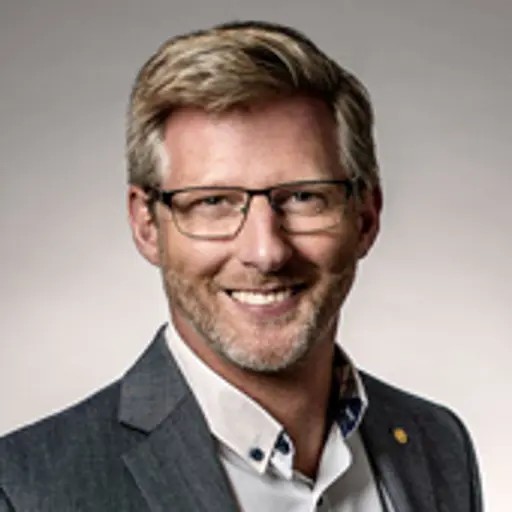The course syllabus contains changes
See changesCourse syllabus adopted 2022-02-02 by Head of Programme (or corresponding).
Overview
- Swedish nameUtveckling av medicintekniska produkter
- CodeEEN040
- Credits7.5 Credits
- OwnerMPBME
- Education cycleSecond-cycle
- Main field of studyElectrical Engineering
- DepartmentELECTRICAL ENGINEERING
- GradingTH - Pass with distinction (5), Pass with credit (4), Pass (3), Fail
Course round 1
- Teaching language English
- Application code 10112
- Maximum participants30 (at least 10% of the seats are reserved for exchange students)
- Minimum participants5
- Block schedule
- Open for exchange studentsYes
Credit distribution
Module | Sp1 | Sp2 | Sp3 | Sp4 | Summer | Not Sp | Examination dates |
|---|---|---|---|---|---|---|---|
| 0119 Project 6 c Grading: TH | 6 c | ||||||
| 0219 Laboratory 1.5 c Grading: UG | 1.5 c |
In programmes
- MPBME - BIOMEDICAL ENGINEERING, MSC PROGR, Year 2 (elective)
- MPMED - BIOMEDICAL ENGINEERING, MSC PROGR, Year 1 (compulsory elective)
Examiner
 Petter Falkman
Petter Falkman- Full Professor, Systems and Control, Electrical Engineering
Eligibility
General entry requirements for Master's level (second cycle)Applicants enrolled in a programme at Chalmers where the course is included in the study programme are exempted from fulfilling the requirements above.
Specific entry requirements
English 6 (or by other approved means with the equivalent proficiency level)Applicants enrolled in a programme at Chalmers where the course is included in the study programme are exempted from fulfilling the requirements above.
Course specific prerequisites
The course Biomedical Instrumentation or equivalent.Aim
The course aims to provide specific knowledge in the ideation, creation and certification of medical devices including product development procedures.Learning outcomes (after completion of the course the student should be able to)
- explore the implementation of technologies within the field of medicine;
- classify a medical device according to European and USA regulations;
- implement a verification and validation plan for a medical device;
- judge which type of tests that are needed for verification and validation of a medical device;
- perform risk assessments of medical devices;
- implement projects which meet the technical and safety requirements of medical devices;
- confront criteria in the decision-making process, and make judgements from information which may be incomplete or limited within the field of biomedical engineering;
- apply previously developed knowledge and skills to work with engineering solutions in medicine;
- identify value creation for external stakeholders;
- seek and acquire information from relevant scientific publications when working in a project team;
- in oral presentations and written report in English, describe a medical device development process; and
- reflect on own and other's abilities and roles in relation to project work.
Content
The student will learn how to create a medical device from ideation to validation. Development of Medical Devices with aspects on: product development procedures, certification (risk assessment and classification according to applicable regulatory requirements), verification with different types of tests (life time estimation, electromagnetic radiation, diagnostic accuracy, etc), and validation with clinical studies.This course is based on experiential learning. It means that i) the students are actively influencing and managing their projects, ii) the course has an explicit focus on the students¿ capabilities and working methods, and iii) the learning activities aim to simulate a real project with real problems as much as possible.
Organisation
The course will contain lectures, project work and laboratory sessions.Literature
Durfee and Laizzo, Medical Device Innovation Handbook, University of Minnesota, 2017.Examination including compulsory elements
The grading will be based on the written project report and the oral presentation. Further, the course contains mandatory laboratory sessions and an ethics certification.The course examiner may assess individual students in other ways than what is stated above if there are special reasons for doing so, for example if a student has a decision from Chalmers about disability study support.
The course syllabus contains changes
- Changes to course rounds:
- 2023-10-16: Examinator Examinator changed from Max Jair Ortiz Catalan (maxo) to Petter Falkman (pf) by Viceprefekt
[Course round 1]
- 2023-10-16: Examinator Examinator changed from Max Jair Ortiz Catalan (maxo) to Petter Falkman (pf) by Viceprefekt